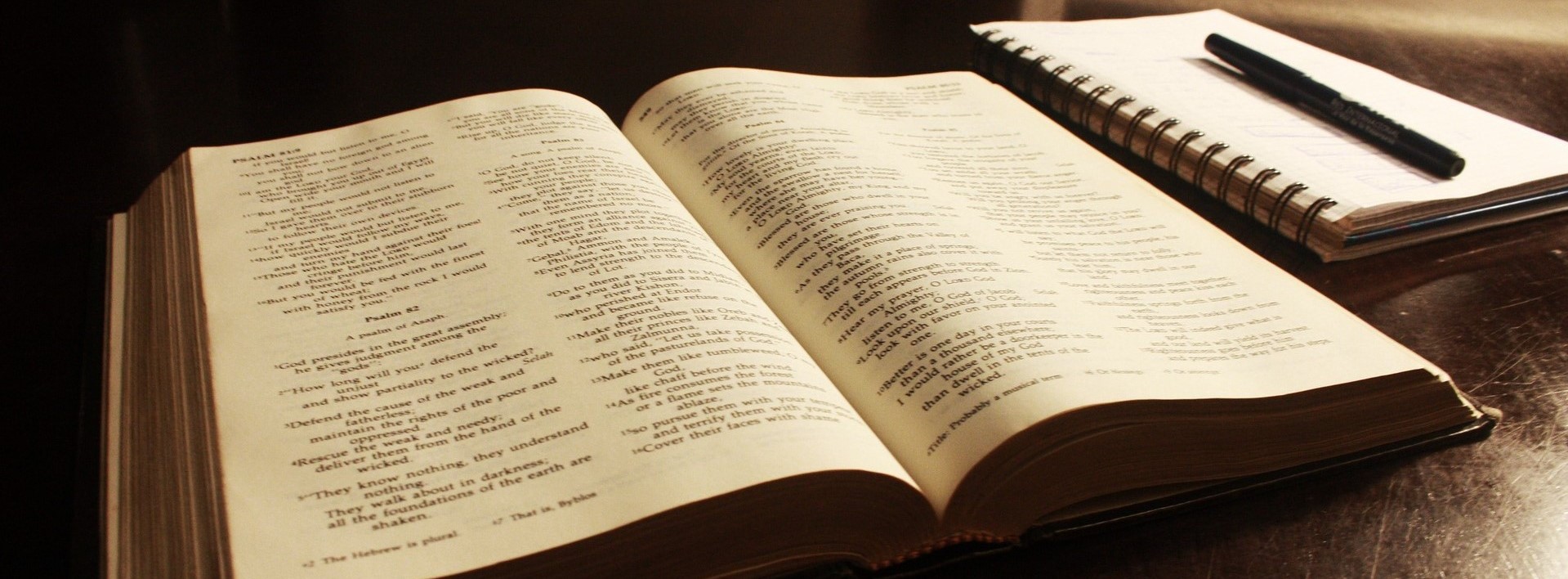Document Type
Dissertation
Publication Date
2014
Abstract
Since it’s descobrimento on April 22nd, 1500, Brazil proved to be resistant to Protestant and Evangelical Christianity until the 20th century. However, by the end of the century, Brazil had, in many missiologists’ minds, transitioned from being a missionary field to a missionary force. There is one Brazilian trait in particular that serves well to describe both God as He has orchestrated the evangelization of Brazil, and Brazilians as they increasingly have fulfilled their role in God’s global mission to, in and through Brazil. This trait is summarized in the expression dar um jeito (pronounced “darh oon jhei’-to”). While a literal translation into English does not make much sense, its meaning can most accurately be conveyed with “make a way.” Its participle form (dando um jeito) would be “making a way,” and that is a wonderful description of God on mission to, in and through Brazil. For over 500 years, despite difficulties, hostilities, resistance and obstacles, He has been “making a way” for His Gospel to be proclaimed, His name to be known, His Son to be worshiped and His mission to be completed – first to Brazil, then in, and now among the nations through Brazilian Evangelical missionaries. By way of an integrated research v methodology, situated within a naturalistic paradigm, and based upon the grounded theory method, this dissertation analyzes data and makes inferences from a variety of theoretical as well as disciplinary perspectives, in an attempt to uncover, examine, understand and integrate selected theological, historical, cultural and strategic reasons for Brazil’s resistance to the Gospel, as well as to show how God has overcome the resistance, in order for the Gospel to continue to impact Brazil, and for the Brazilian Evangelical church increasingly to become a missionary “powerhouse” in the 21st century.
Recommended Citation
Mordomo, Joao, "Dando um Jeito: An Integrated Theological, Historical, Cultural and Strategic Study of Missio Dei To, In and Through Brazil" (2014). Faculty Publications and Presentations. 32.
https://digitalcommons.liberty.edu/sod_fac_pubs/32



